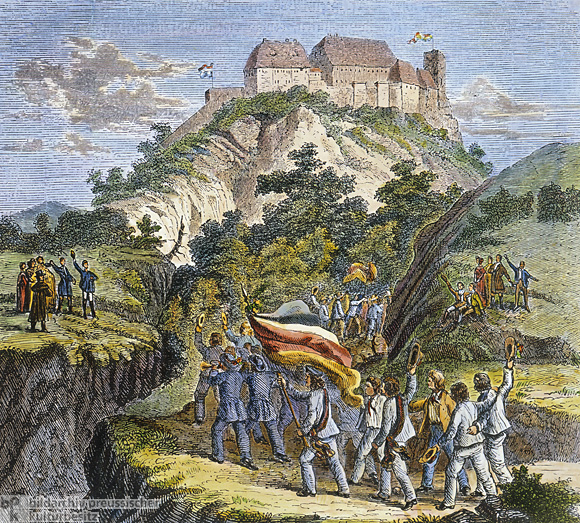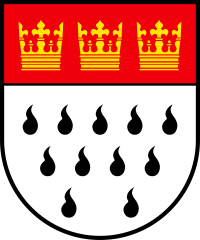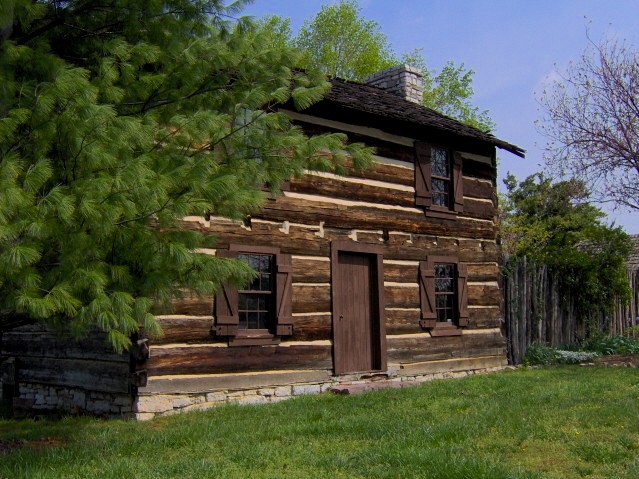The British Province of Indiana was created to reward the steadfastness of the
Civilized Tribes in repulsing the Confederationists and staying loyal to the Crown. The more jaded commentators of the time noted that it was in the their best interests to do so, but others point out that the civilized tribes had made their peace with the Empire long before the contingencies of the Slaver Uprising.
The most fierce fighting for the Loyal Tribes had been just west and north of the
Chattahoochee River, though fighting also was seen along the border with West Florida, though here the Indians were more likely to take the battle into white held lands rather than the opposite.
The lines between native and British had been blurred significantly in the late 18th and early 19th centuries. Many frontiersmen intermarried with the local tribes, so much so that many of the leaders of the tribes were more Scots than they were native! Similarly, there were not a few leaders in both the Loyalist and Confederation camps who might claim at least one ancestor of native extraction if they were so inclined.
When the Province of Indiana was established, the British made it clear that here, at least, the right of Indians would be upheld equal to that of any other British subject, with the right to responsible government. The first capitol of Indiana was established at
Tuscaloosa.
The tribes that dominated the early history of Indiana were the
Choctaw and the
Cherokee. The other three main civilized tribes consisted of the
Chickasaw, who prospered from trade along the Mississippi River where they were ensconced, the
Creek, who were most notable for their successes in the invasion of West Florida, and the
Cimaroan, who were closely allied with the Creek. Other than the Cherokee who spoke an Iroquoian dialect, these tribes were primarily speakers of the Muscogean language, though almost all knew some of the King's tongue, and many in the tribal leadership were as proficient in English as any Englishman.
While the tribes had been slaveowners, the line between slave and free in tribal society was vastly more fluid than in the rest of British Southern society, so it was not a hard transition from slave to free for this region, and the recompense offered by Parliament gave a needed boost to the region's economy. Also, once the war had ended, the province was able to benefit from the Gold boom in its eastern region. Whites still ended up prospecting the region as much as any native, but they now had to pay for the right, though some got around the restrictions by being adopted by a tribe. Whites who had fought for the Crown found this much easier than some who had fought bitterly against the Indians in the Southern Civil War, but even here a few former enemies who had earned respect in battle found the natives more receptive than some whites might have believed.
The new province's assembly was structured into a bicameral legislature, with an elected lower house and an upper house of representatives appointed by tribal leadership. Overseeing all of this was the Crown's appointed Governor.


